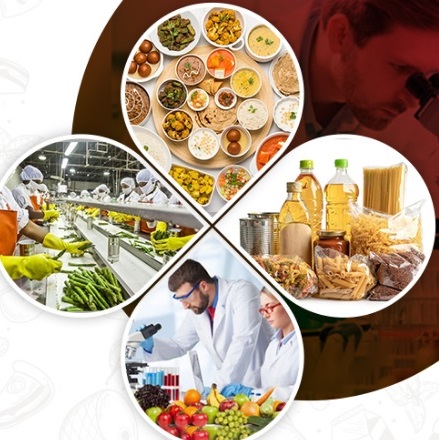Last Updated on November 7, 2024 9:27 pm by INDIAN AWAAZ
By ANDALIB AKHTER
The Food Safety and Standards Authority of India (FSSAI) today asked States and Union Territories to ramp up surveillance at popular tourist destinations to ensure heightened safety standards in preparation for the peak tourist season from November through March.
Keeping in mind the high footfall of both domestic as well as international tourist at popular destinations during the season, States/UTs were advised to utilize Food Safety on Wheels Mobile Labs at these tourist spots.
At the meeting held its 45th Central Advisory Committee (CAC) here today G Kamala Vardhana Rao, CEO, FSSAI asked Food Commissioners of various states to step up surveillance on warehouses and other facilities utilised by e-commerce platforms. He also asked for SOPs to be issued for such warehouses, as well as delivery personnel of these platforms.
States/UTs were asked to increase surveillance samples and were also asked to deploy Food Safety on Wheels mobile vans for this purpose.
The committee also laid emphasis on training Food Business Operators (FBOs) in all States/UTs under Food Safety Training and Certification (FoSTaC) to ensure food safety and hygiene for all citizens. States/UTs were urged to train 25 lakh food handlers by March 2026, including those in university, college, and hostel canteens.

The need for an integrated food safety approach was also emphasized, urging all related ministries, stakeholders to collaborate, and encouraged States/UTs to regularly convene Advisory Committee meetings at State & District level.
The meeting underscored the importance of actively engaging consumers in fostering a culture of healthier eating as part of the Eat Right India movement. States were advised to amplify food safety awareness through outreach initiatives such as fairs, walkathons, and street plays (Nukkad Nataks).
Over 60 officials actively participated in the meeting, including Commissioners of Food Safety (CFS), representatives from States and UTs, senior FSSAI officials, and members from the food industry, consumer groups, agriculture sector, laboratories, and research bodies.

